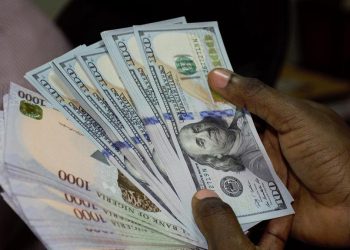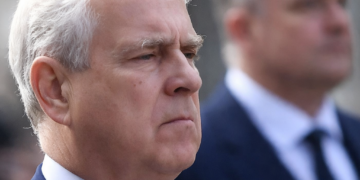A potential debt crisis is putting pressure on Nigeria’s state governments, as they face difficulties dealing with the harmful effects of a shortage of foreign currency and low income from local sources. According to a recent report by BusinessDay, the combined domestic debt of 36 states and the Federal Capital Territory (FCT) was N5.86 trillion as of December 2023, and the foreign debt was $4.61 billion.
Experts warn that the naira’s drop in value has caused the states’ foreign debts in naira terms over the past year.
“The depreciation in exchange rate has significantly escalated their debt profile,” Muda Yusuf, the head of the Centre for Promotion of Private Enterprise (CPPE)

Most state governments struggle with low revenue generation. The National Bureau of Statistics stated that in 2023, the 36 states together earned N3.53 trillion from their own efforts. They also got N5.4 trillion from a shared fund called FAAC. This adds up to a total of N8.9 trillion in revenue.
To ensure that a country’s debt remains manageable, experts recommend that governments should reduce their dependence on borrowing from other countries, create strong systems for clear and honest debt management, and focus on increasing their own income. “A government’s ability to manage its finances and keep its debt sustainable in the long run depends on its capacity to generate income from within,” said Iniobong Usen, Head of research and Policy Advisory at BudgIT.
As the situation develops, state governments need to take active steps to prevent a growing debt problem and ensure their financial stability for the future.

















